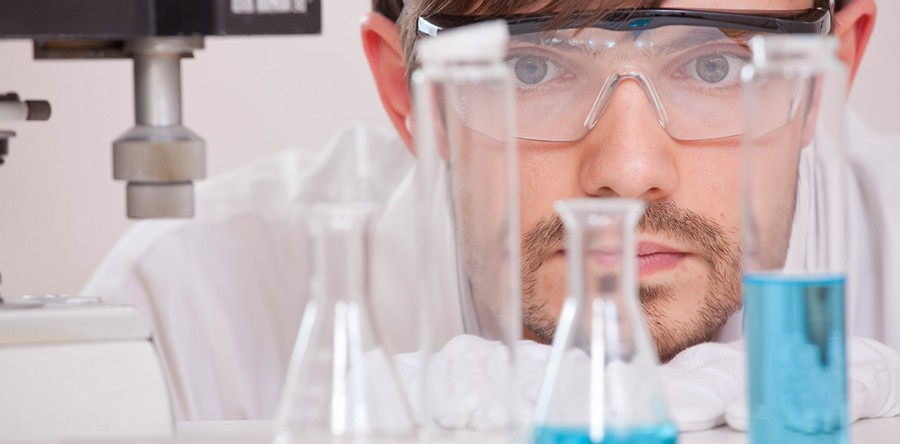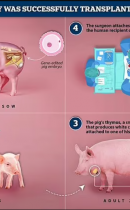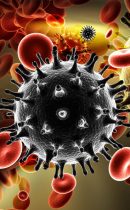“Phage” therapies offer potential strategy to combat antibacterial resistance.
The National Institute of Allergy and Infectious Diseases (NIAID), part of the National Institutes of Health, has awarded $2.5 million in grants to 12 institutes around the world to support research on bacteriophage therapy. These awards represent NIAID’s first series of grants focused exclusively on research on this therapy, an emerging field that could yield new ways to fight antimicrobial-resistant bacteria. A 2019 report from CDC found that antibiotic-resistant pathogens cause more than 2.8 million infections in the U.S. each year and more than 35,000 people die.
Bacteriophages (or “phages”) are viruses that can kill or incapacitate specific kinds of bacteria while leaving other bacteria and human cells unharmed. By gathering naturally-occurring phages, or by modifying or engineering phages to display certain properties, researchers hope to create novel anti-bacterial therapeutics. Because phages eliminate bacteria by infecting them, rather by generating compounds like antibiotics which kill bacteria, phages can be used to treat antibiotic-resistant infections. In addition, some evidence suggests that combination therapy containing both phages and antibiotics could prevent bacteria from becoming drug resistant.






3 Responses